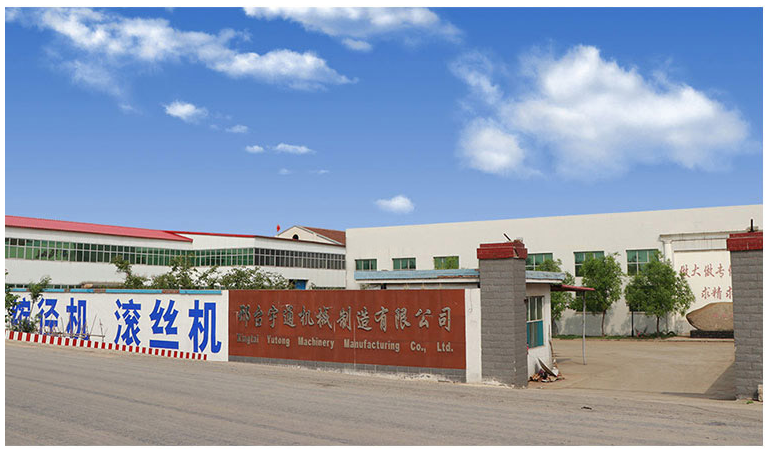
-
 Afrikaans
Afrikaans -
 Albanian
Albanian -
 Amharic
Amharic -
 Arabic
Arabic -
 Armenian
Armenian -
 Azerbaijani
Azerbaijani -
 Basque
Basque -
 Belarusian
Belarusian -
 Bengali
Bengali -
 Bosnian
Bosnian -
 Bulgarian
Bulgarian -
 Catalan
Catalan -
 Cebuano
Cebuano -
 Corsican
Corsican -
 Croatian
Croatian -
 Czech
Czech -
 Danish
Danish -
 Dutch
Dutch -
 English
English -
 Esperanto
Esperanto -
 Estonian
Estonian -
 Finnish
Finnish -
 French
French -
 Frisian
Frisian -
 Galician
Galician -
 Georgian
Georgian -
 German
German -
 Greek
Greek -
 Gujarati
Gujarati -
 Haitian Creole
Haitian Creole -
 hausa
hausa -
 hawaiian
hawaiian -
 Hebrew
Hebrew -
 Hindi
Hindi -
 Miao
Miao -
 Hungarian
Hungarian -
 Icelandic
Icelandic -
 igbo
igbo -
 Indonesian
Indonesian -
 irish
irish -
 Italian
Italian -
 Japanese
Japanese -
 Javanese
Javanese -
 Kannada
Kannada -
 kazakh
kazakh -
 Khmer
Khmer -
 Rwandese
Rwandese -
 Korean
Korean -
 Kurdish
Kurdish -
 Kyrgyz
Kyrgyz -
 Lao
Lao -
 Latin
Latin -
 Latvian
Latvian -
 Lithuanian
Lithuanian -
 Luxembourgish
Luxembourgish -
 Macedonian
Macedonian -
 Malgashi
Malgashi -
 Malay
Malay -
 Malayalam
Malayalam -
 Maltese
Maltese -
 Maori
Maori -
 Marathi
Marathi -
 Mongolian
Mongolian -
 Myanmar
Myanmar -
 Nepali
Nepali -
 Norwegian
Norwegian -
 Norwegian
Norwegian -
 Occitan
Occitan -
 Pashto
Pashto -
 Persian
Persian -
 Polish
Polish -
 Portuguese
Portuguese -
 Punjabi
Punjabi -
 Romanian
Romanian -
 Russian
Russian -
 Samoan
Samoan -
 Scottish Gaelic
Scottish Gaelic -
 Serbian
Serbian -
 Sesotho
Sesotho -
 Shona
Shona -
 Sindhi
Sindhi -
 Sinhala
Sinhala -
 Slovak
Slovak -
 Slovenian
Slovenian -
 Somali
Somali -
 Spanish
Spanish -
 Sundanese
Sundanese -
 Swahili
Swahili -
 Swedish
Swedish -
 Tagalog
Tagalog -
 Tajik
Tajik -
 Tamil
Tamil -
 Tatar
Tatar -
 Telugu
Telugu -
 Thai
Thai -
 Turkish
Turkish -
 Turkmen
Turkmen -
 Ukrainian
Ukrainian -
 Urdu
Urdu -
 Uighur
Uighur -
 Uzbek
Uzbek -
 Vietnamese
Vietnamese -
 Welsh
Welsh -
 Bantu
Bantu -
 Yiddish
Yiddish -
 Yoruba
Yoruba -
 Zulu
Zulu
types of thread rolling products
Types of Thread Rolling Products
Thread rolling is a highly efficient cold forming process used to create threads on metal components. It involves using specially designed rolls to deform the material, resulting in threads with excellent dimensional accuracy, surface finish, and mechanical properties. This process is widely utilized in various industries, including automotive, aerospace, and construction, to produce a range of threaded products. In this article, we will explore the different types of thread rolling products and their applications.
One of the most common applications of thread rolling is the production of bolts and screws. These fasteners are essential components in many mechanical assemblies, providing secure connections between parts. Thread rolling allows for the efficient production of high-strength bolts and screws with precise thread profiles. Because the process retains the original material's grain structure, the resulting fasteners often exhibit superior tensile and shear strength compared to those produced by machining.
2. Studs
Studs are another critical type of threaded product made using the thread rolling process. They typically feature threads on both ends and are used where a detachable connection is required. Studs are commonly found in machine assemblies, automotive applications, and structural applications. The rolling process enhances their durability, making them resistant to fatigue and wear, thereby ensuring a reliable performance over time.
3. Nuts
While nuts are often manufactured through machining processes, thread rolling can also be employed to create nuts with specific thread configurations, particularly when large quantities are needed. Rolling nuts can significantly reduce production time and costs while improving the quality of the threads. The resulting nuts can be used in conjunction with bolts and screws to create strong, secure joints in a variety of applications.
types of thread rolling products

4. Specialty Fasteners
In addition to standard bolts, screws, and nuts, the thread rolling process can be used to produce specialty fasteners like locknuts, flange bolts, and self-tapping screws. These fasteners have unique thread designs and features tailored for specific applications. For instance, locknuts are designed to resist loosening under vibration, while self-tapping screws create their own threads in the material they are driven into.
5. Pipe Fittings
Thread rolling is also utilized in the production of pipe fittings, which connect pipes and allow for the control of fluid flow in various systems. Fittings such as elbows, tees, and couplings require precise threading to ensure leak-proof seals. The thread rolling process is especially beneficial in producing high-strength fittings that withstand the pressure and stresses associated with fluid transport.
6. Automotive Components
The automotive industry extensively uses rolled threads in various components such as engine parts, suspension systems, and transmission systems. The ability to produce strong, lightweight threaded components is crucial in automotive applications where performance and safety are paramount. Thread rolling ensures that these components meet strict industry standards for strength and reliability.
Conclusion
Thread rolling is an essential manufacturing process that produces a wide range of threaded products, including bolts, screws, studs, nuts, specialty fasteners, pipe fittings, and automotive components. By offering superior strength, precise dimensions, and improved surface finishes, thread rolling remains a preferred method for creating high-quality threaded fasteners in various industries. As technology and materials continue to evolve, the application of thread rolling will likely expand, further enhancing its importance in modern manufacturing.
